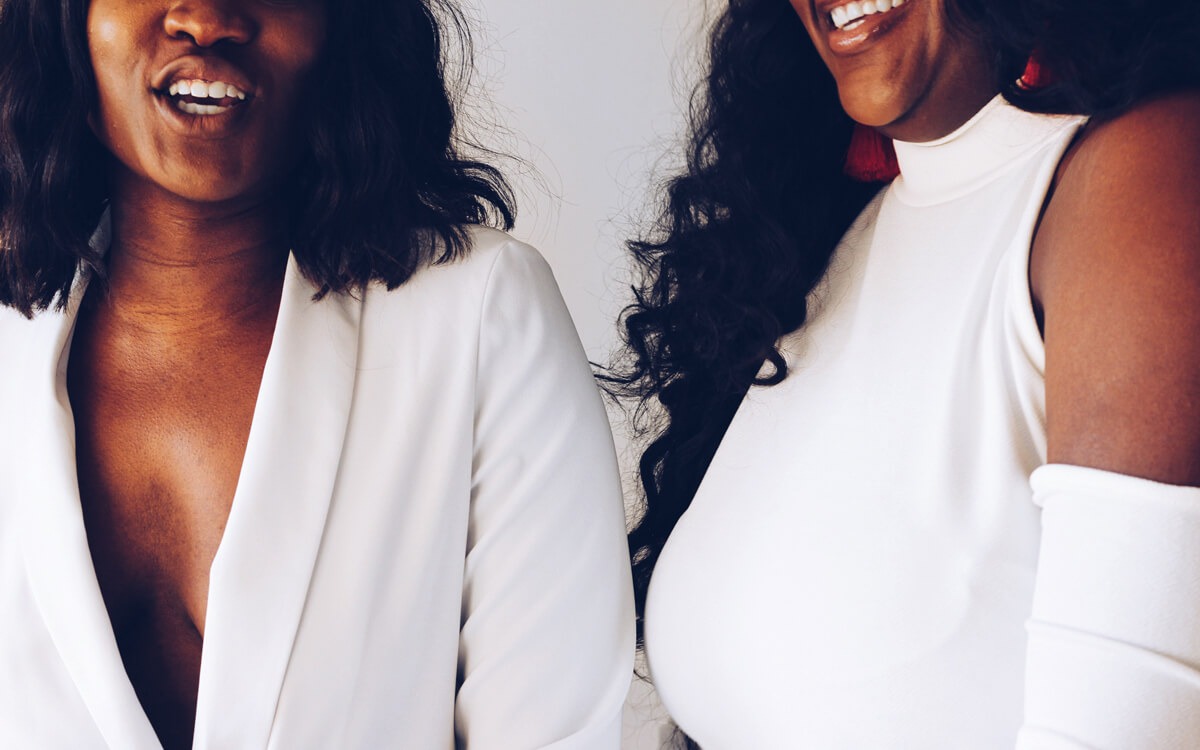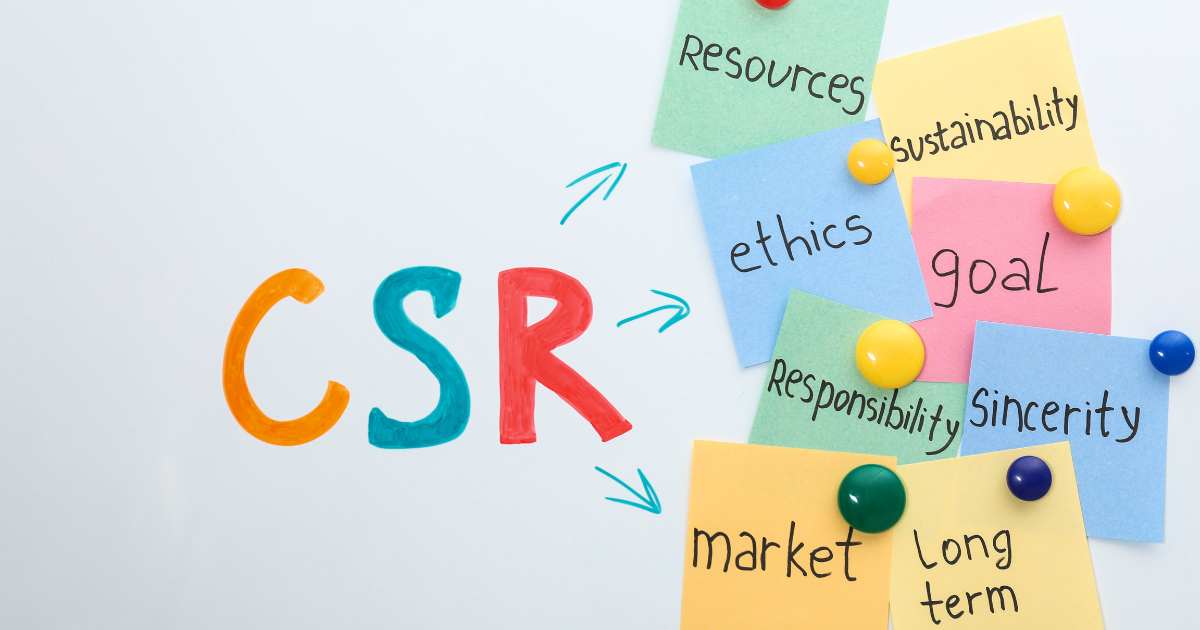
In celebration of Women’s Month in South Africa, two women share their experiences of being in business, highlighting their successes, sacrifices and their struggles as female entrepreneurs.
Women are still in the minority when it comes to South Africa’s entrepreneurial landscape. More than half of South Africa’s population is female, yet only 34% of SMEs are women-led, according to a survey conducted by Facebook in partnership with the World Bank and OECD.
Female entrepreneurs face challenges that are unique to them. Common barriers for women entrepreneurs include a lack of capital and assets, fewer business-oriented networks in their communities, lower status in society, higher levels of domestic responsibility and culturally-induced lack of assertiveness and confidence in their ability to succeed in business.
And while Africa boasts the highest growth rate of female-run businesses in the world, according to the World Bank, and there has been a gradual increase in the number of women entrepreneurs over the years, the State of Entrepreneurship Survey 2018 shows that opportunities available in the market are still mostly for male and youth-owned businesses.
Nwabisa Mayema co-founded her first business in 2005. A decade later, she negotiated a cash buyout. “It was then I realised that I had lived the life of an entrepreneur: started a business, grew the business, pivoted the business and exited the business.”
In 2017, Mayema co-founded nnfinity, which delivers training and consulting services while connecting its clients to each other and to global opportunities.
Tlalane Ntuli is the co-founder and COO of Yalu Financial Services, a credit life insurance policy provider. She has also held senior roles in several South African financial services corporations.
Ntuli says she did not always have entrepreneurial ambitions, but found herself in an untenable situation in the corporate world.
“I was no longer fulfilled in the executive role I held, and I yearned to do more, something that would enable me to make a real difference … entrepreneurship found me.”
From the ‘Superwoman complex’ and social expectation to finding your support squad, Ntuli and Mayema share their experiences.
On the real truth about being a female entrepreneur

Mayema: Many of us are frightened and are sometimes struggling to make sense of our place in the world. On one hand, we believe in our ability to generate ideas, put teams of people together and execute our plans. Why else would we have gone into business?
On the other hand, this life is filled with self-doubt, people who see you as a risky option and (you experience) fatigue. Oh, the fatigue!
Mayema: The South African economy is sluggish and this is worrying many entrepreneurs. I have been wondering why this anxiety around the economy seems to hit female entrepreneurs harder than their male counterparts.
I have landed on the notion that I am moving in circles where the women are in the mid-to-late thirties. This means that many of us are dealing with aging parents and the universal experience is that the responsibility of parenting one’s parents falls on the girl-child. Any unpleasant shocks to the economy translate into unpleasant shocks in a small business. Those unpleasant shocks hit the bottom line and women business owners are anxious.
A seat at the boardroom table should never be wasted – I learned this the hard way
On defying social expectations
Mayema: Two women I work with (one lives and works in Serbia and the other in Uruguay) and I talk about the “superwomen complex” and how it drives loneliness and can paralyse us with fear.
The superwoman complex seems to stem from the current tendency of viewing entrepreneurs as rock stars, influencers and brands within themselves. Suddenly, the female entrepreneur finds herself having to grow her business exponentially in a short space of time; she must be beautiful, sexy and in a fulfilled relationship. This cannot be a state that any female entrepreneur should aspire towards.
With these two friends of mine, we are creating a platform, She Rocks Global, which seeks to create a community of perfectly imperfect women who want to enjoy their place in the world.

Ntuli: Being a woman in a male-dominated sector has meant there have been a lot of hurdles to clear. (There are) In many cases when my business partner (who happens to be male) and I, attend meetings, the expectation is almost always for him to carry the conversation.
At first, this used to infuriate me, but as I’ve matured on the journey, I have learned to use it to my advantage. My partner and I have built a rapport around handling critical business conversations that almost always leave the audience wide-mouthed.
On the importance of “showing up”
Ntuli: A seat at the boardroom table should never be wasted – I learned this the hard way. It’s important for women to speak up, have an opinion and not be afraid to share it, whether it’s a popular opinion or not. It is easy to be intimidated by being the only woman or having an opinion that differs from others in a male-dominated room, but if you are confident enough to hold a view and support it with empirical evidence, people’s attitudes shift quickly.
It’s not enough for women to simply be in attendance without actively participating. You must show up physically and mentally, contribute with your intellect and draw from your experiences.
Ntuli: Being active and engaged, confident and committed is not only about your own life and career; it is also about the example you set for other women and, crucially, future generations.
Showing up also involves paying attention to your life lessons and making them count in the professional world.
On Building a Support System
Mayema: The difference between a squad and a network is that a network is created to drive value within a community. There is absolutely nothing wrong with that, so please arm yourselves with your elevator pitches and your business cards.
A squad exists to allow its community to “let it all hang” – laugh together, cry together, high-five each other, and simply shine the light on each person.
At She Rocks Global, we encourage everyone in our community to spend time curating their personal board of advisors and to commune often with that board. Choose your squad according to the things that matter to you (work, love, health, spirit, mind…) and let your squad hold you up.
On Networking
Mayema: I actively seek out connections with women from all corners of the world. This global sisterhood means that I am exposed to opportunities that I wouldn’t otherwise be exposed to. My South African experience is seen as a valuable asset when it comes to collaborating and co-creating with colleagues from abroad.
On dealing with challenges
Ntuli: Be real. Be authentic. Work to your strengths. Women have great strengths in areas like emotional maturity. And because we run households and manage hectic work lives all at the same time, we also have real-life experience in strategising in order to balance it all. The thinking we offer is therefore very different to the male-dominated status quo.
To succeed and move forward, we must make sure we present these aspects of ourselves with confidence, because when we contribute with confidence, we add a lot of value to the business. And by value, I don’t just mean the soft stuff, I mean the bottom line.





